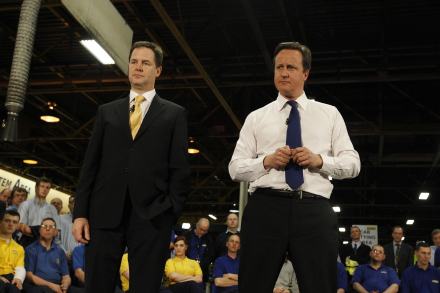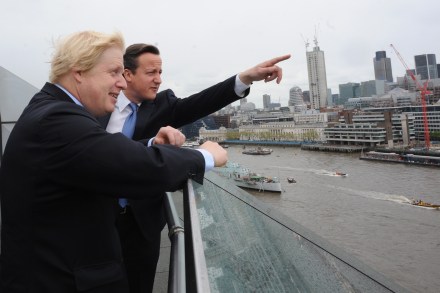Obama comes out for gay marriage
video platformvideo managementvideo solutionsvideo player It isn’t just this side of the Atlantic where same-sex marriage is very much on the political agenda. Here, the Prime Minister gave it his support in his October conference speech, and the government is pressing ahead with plans to legislate for it before the next election, under the leadership of Lib Dem equalities minister Lynne Featherstone. Meanwhile, across the pond, Barack Obama gave his support for equal marriage last night. In an interview with ABC News (above), he said: ‘At a certain point I’ve just concluded that for me personally it is important for me to go ahead and affirm that I think same
















